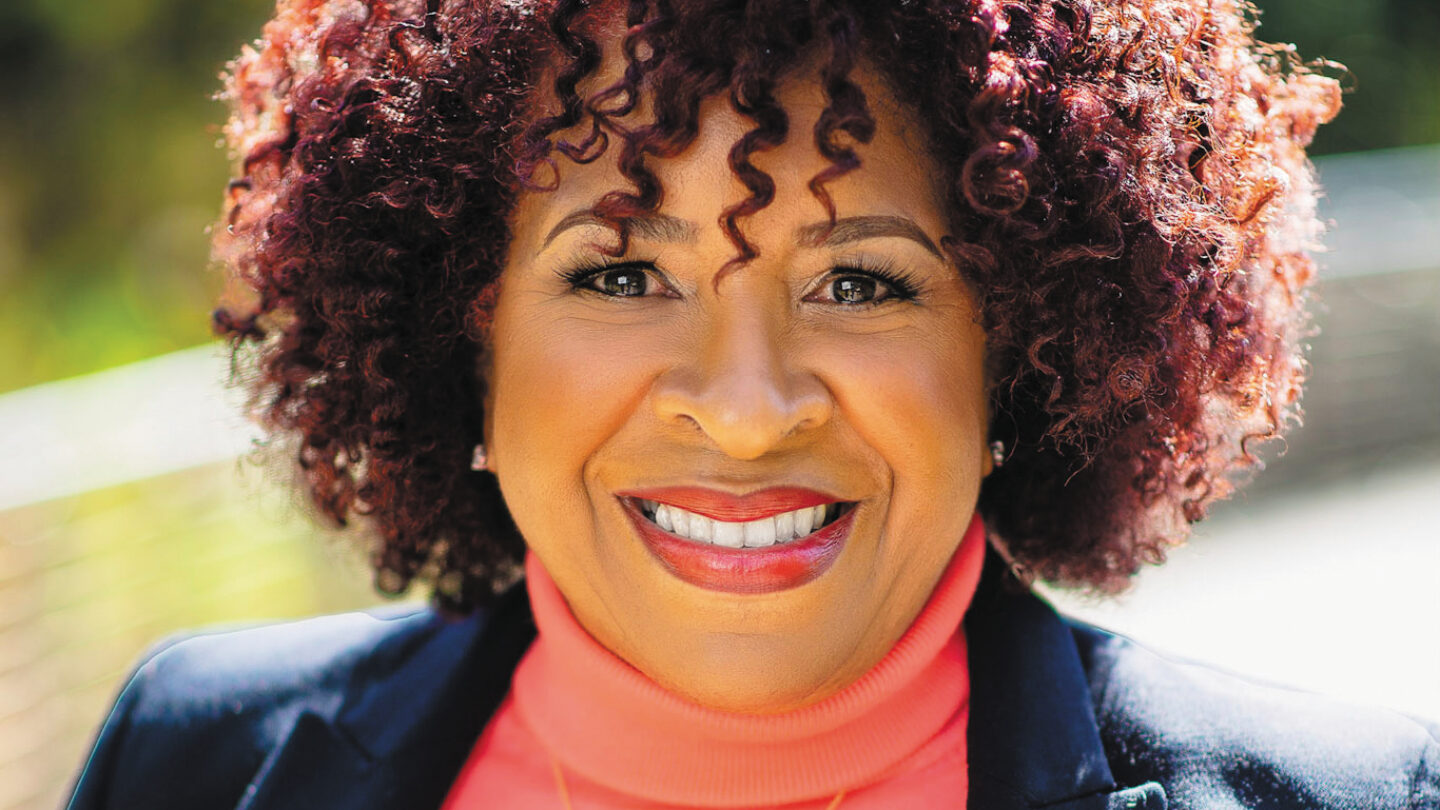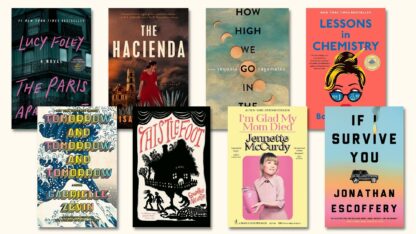New suspense novel 'Anywhere You Run' takes on civil rights, murder and the Jim Crow South

“Anywhere You Run,” the new novel by Wanda M. Morris, centers around two Black sisters ultimately finding out where they belong. Along the way, their past and present unfold with nail-biting suspense. The story is set against the backdrop of the infamous 1964 murders of civil rights workers in Mississippi. The author joined “City Lights” host Lois Reitzes via Zoom to share more about her novel’s rich characters as they navigate grim moments in America’s history.
Interview highlights:
Centering historical benchmarks in the still-ongoing struggle for Black voting rights:
“We had just come through the 2020 election, and there was lots of rancor about the ‘big lie’ and election fraud, and living here in Georgia, I witnessed the very long lines for people to vote and I just thought it was all so interesting. It would be interesting to write a book about it. But as I started to research voting rights in this country, I came to understand that there was a much deeper, richer meaning behind how Blacks got the right to vote in this country,” recalled Morris. “The book opens … with the brutal murder of civil rights workers Chaney, Goodman and Schwerner, and I thought that seemed to ring so deep about the importance of voting and it was a great place to start what this book would certainly entail over the course of three or four hundred pages.”
She added, “That’s kind of what’s so mind-boggling about the topics that are covered in the book — everything from voting rights and inequality at the voting polls to racial unrest and a woman’s right to govern her own body and financial independence for women and a whole host of topics; gay and lesbian rights. All of it, covered through the lens of 1964, is a stark parallel to everything that is going on right now in 2022, and I hope the reader gleans that after reading the book, that there’s still much work to do around all of these issues.”
Three loving sisters, named by their mother after flowers:
“I don’t think it’s a spoiler, but Rose is the older sister and she’s deceased through the story. And what I tried to do with all three sisters is not only show a loving bond between the young women but also to show what they thought of each other, and each of them thought the other was much smarter. Interestingly enough, all three were smart in their own way. Rose, the oldest, was smart enough to dream beyond the horror and the trauma of a segregated South; and Marigold, the center sister, was very bookish and intellectually smart; and then Violet, the youngest sister, was very savvy, what you would call street-smart.”
Marigold’s search for opportunity in an oppressive North:
“Much like many Blacks who became part of the Great Migration north from the Jim Crow South, the thought was that things would be much better in the North, and to some extent it was. You didn’t necessarily have to ride in the back of a bus. But what Marigold discovers in traveling to the North is that there was still a lack of good job opportunities and access to financial independence for Blacks. There were still segregated neighborhoods that were not as well off as white neighborhoods. There were still certain areas in the North that Blacks could not walk into … She discovers that North is not the Nirvana that she thought it might be.”
The love Violet discovers in her small Georgia town:
“I love what Hank and Violet bring to this story. They bring Black love to the story. But Hank was one of those stalwarts in the community that would not be beaten down by Jim Crow laws and segregation and the hatred of white people. And what he did is, he owned his own business and his own farm, and because he was so strong he garnered the respect of the people there in the town. That was a hard thing to do during that time, right? Because you have very violent, despicable men who call you something other than what you are, who try to make you feel something other than you are; and yet each day he gets up and he works hard and he fights against that in his own gentle giant way.”
“Anywhere You Run,” the new novel by Wanda M. Morris, is out now and available to purchase at wandamorriswrites.com/anywhere-you-run.








